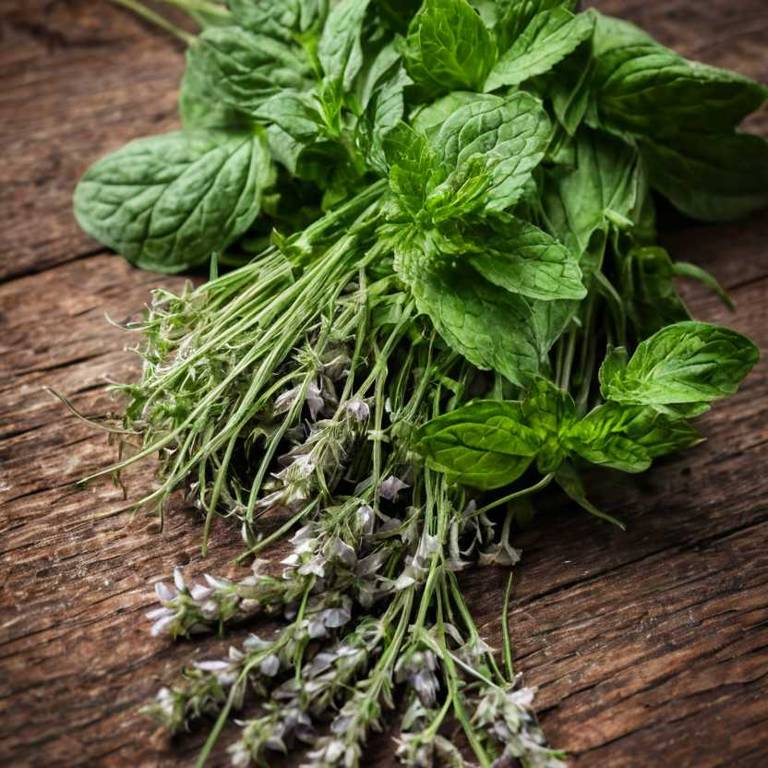Common Plantain (Plantago major)
Common Plantain (Plantago major) is a member of the Plantaginaceae family, native to Europe, Asia, and North Africa. Traditionally, its leaves, gum, and sap have been used for decoctions, infusions, and poultices.
This herb is particularly valued for its anti-inflammatory, diuretic, and astringent actions, and has a long history of use in european herbal medicine, traditional chinese medicine, and native american herbal medicine.

Quick Facts / Key Information
| Common Name | Common Plantain |
|---|---|
| Scientific Name | Plantago major |
| Plant Family | Plantaginaceae |
| Genus | Plantago |
| Species | major |
| Native Range | Europe, Asia, North Africa |
| Plant Parts Used | Leaves, Gum, Sap |
| Primary Medicinal Actions | Anti-Inflammatory, Diuretic, Astringent |
| Primary Traditional Systems | European Herbal Medicine, Traditional Chinese Medicine, Native American Herbal Medicine |
| Historical Preparation Methods | Decoction, Infusion, Poultice |
Botanical Identity
- Scientific Name
- Plantago major
- Common Name
- Common Plantain
- Synonyms / Alternative Names
- Broadleaf Plantain, Plantain, Broadleaf Plantain
- Plant Family
- Plantaginaceae
- Genus
- Plantago
Botanical Description
- Growth Habit
- Perennial herbaceous plant.
- Height
- It typically reaches a height of 20 to 50 centimeters.
- Leaves
- Broad leaves with dark green upper surface and lighter green lower surface, featuring prominent stomatal bands along the midrib.
- Flowers
- Inflorescence consisting of dense spike-like clusters of small, greenish-white flowers with two stamens and a single pistil, arranged in a terminal spike, actinomorphic symmetry, with ovary superior and three stigmatic lobes.
- Stems
- Cylindrical, erect, herbaceous stems with opposite branching, glabrous surfaces, and a succulent texture.
Traditional Uses / Historical Use
Traditional Systems
- European Herbal Medicine
- Traditional Chinese Medicine
- Native American Herbal Medicine
Historical Preparation Methods
- Decoction
- Infusion
- Poultice
- Powder
Medicinal Actions
- Anti-inflammatory
- Historically regarded as a gentle anti-inflammatory, for general calming applications.
- Diuretic
- As described in traditional systems, a mild diuretic, in fluid-regulation contexts.
- Astringent
- In herbal texts, considered a cooling astringent, in drying-focused uses.
- Expectorant
- In herbal literature, noted as a calming expectorant, in mucus-related discussions.
Active Compounds
- Flavonoid
- A widely occurring class of plant polyphenols found in leaves, flowers, and fruits.
- Tannin
- High-molecular-weight phenolic compounds found in many plant species.
- Phenolic Acid
- Simple phenolic molecules widely distributed across plant tissues.
- Glycoside
- Plant-produced compounds commonly stored in inactive glycosylated forms.
Modern Research Overview
Contemporary research on this plant includes areas such as chemical analysis, laboratory-based studies, and observational research. Detailed summaries of published findings are not included at this stage and will be added during future content updates.
Safety & Contraindications
- General Precautions
- The use of this herb may warrant general caution in certain situations.
- Contraindications
- There is insufficient evidence to determine specific contraindications related to this herb.
- Allergies
- Allergic reactions associated with this herb have not been well documented.
- Drug Interactions
- Interactions between this herb and prescription medications are not clearly established.
- Toxicity
- The toxicity profile of this herb has not been clearly established.
- Pregnancy & Breastfeeding
- There is insufficient evidence to determine the safety of this herb during pregnancy or breastfeeding.
Preparation & Usage Methods
- Infusion
- Plant material is steeped in hot water to extract water-soluble compounds.
- Decoction
- Decoctions are made by heating plant material in water for an extended time.
- Poultice
- This method uses direct contact between plant material and the skin.
- Powder
- Powdered preparations use finely milled plant parts.
- Tincture
- Plant material is macerated in alcohol to create a concentrated liquid extract.
Growing, Harvesting & Storage
Growing / Cultivation
- Soil
- Prefers loamy soil with well-drained conditions. Typically grows best in organically rich soils.
- Sunlight
- Thrives in partial shade. Tolerates full sun to partial shade.
- Watering
- Prefers well-balanced moisture levels. Tolerates variable moisture levels.
Medical Disclaimer
The information provided on this page is for educational and informational purposes only. It is not intended to diagnose, treat, cure, or prevent any medical condition. Always consult a qualified healthcare professional before using any herb for medicinal purposes.